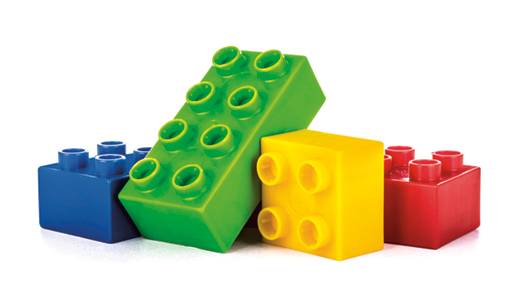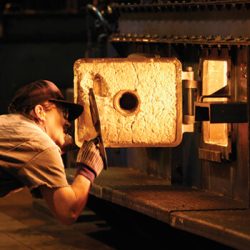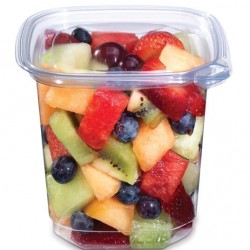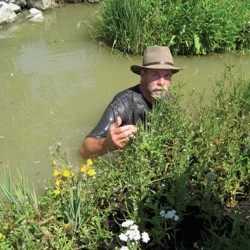Better Building Blocks

Shutterstock
Lego wants to turn its iconic bricks green by investing $150 million to find cleaner ways to manufacture them. But the iconic toy company isn’t alone in trying to change the process for the better.
Most of the chemicals used to make plastics, including water bottles, are derived from petroleum or natural gas. George Huber PhD’05, a UW chemical engineering professor, has developed methods to use biomass and other renewable resources instead.
“We can make the same plastics from renewable materials like biomass,” he says.
Huber, who holds a professorship named for the late Harvey D. Spangler ’56, is cofounder of a company that’s working toward making 100 percent renewable plastic drink bottles. “Everything we do is focused on reducing cost,” he says, noting his graduate students have developed a catalyst for one chemical used to manufacture plastic that is “20,000 times cheaper” than other catalysts.
How soon before these new plastics can come to market? Huber says it depends on oil prices: “The final thing at the end of the day is, can we be cheaper than petroleum?”
Published in the Spring 2016 issue



Comments
No comments posted yet.